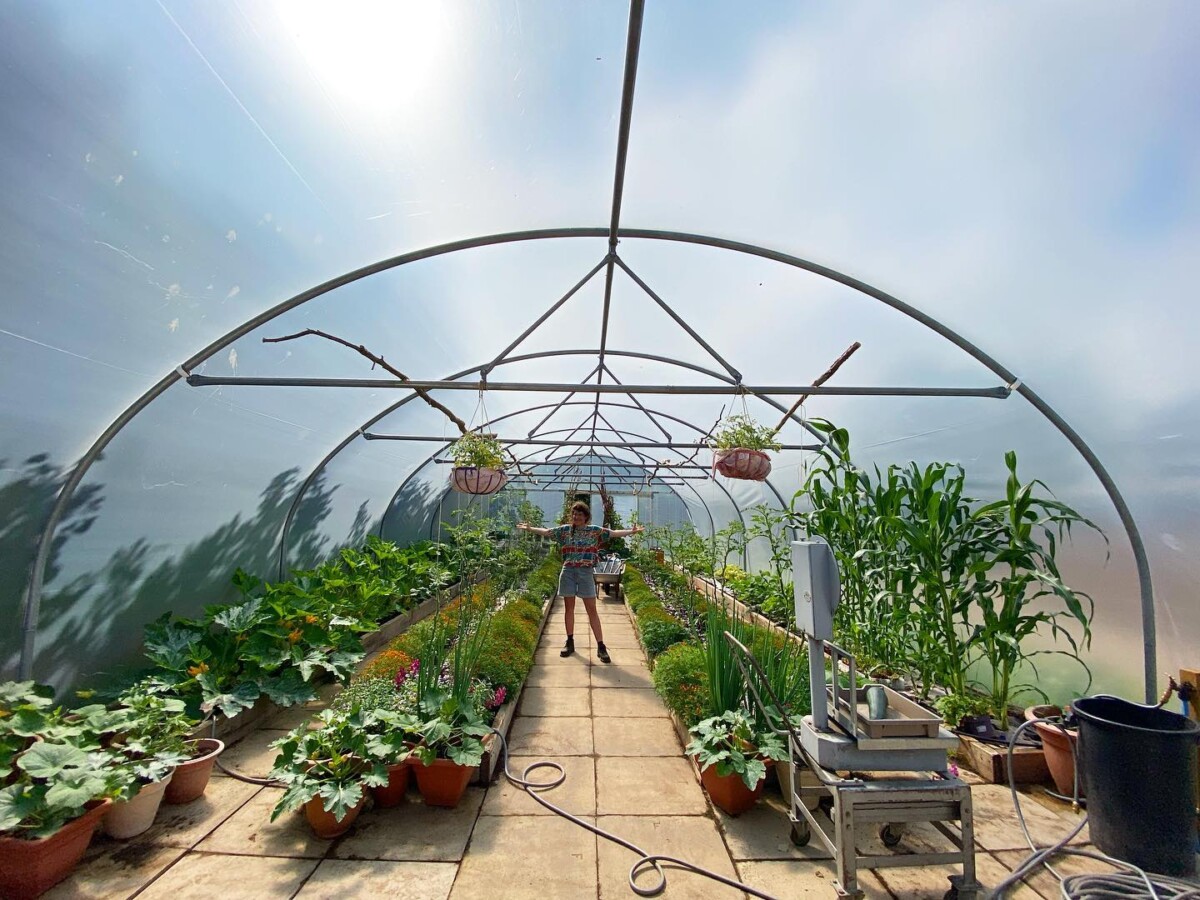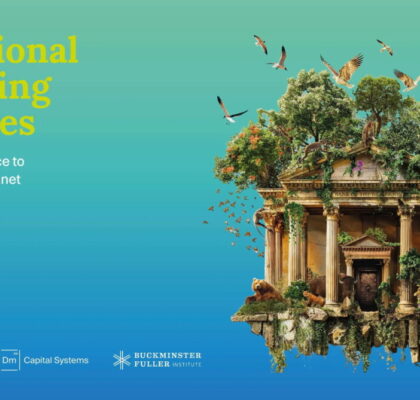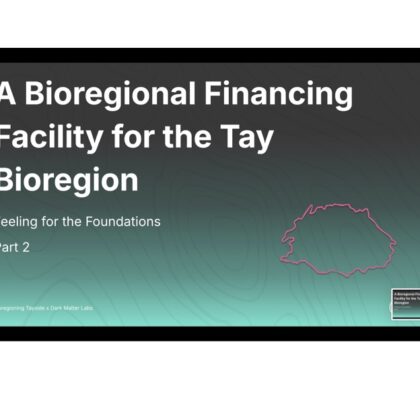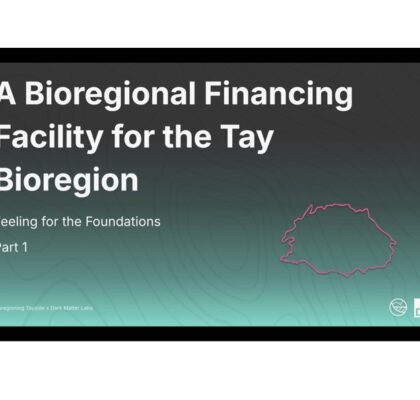Last month we received news from the Scottish Rural Network confirming that they will support us for a fourth time to pilot Hyper-Local Food Plans in Tayside.
This project builds on our work on kickstarting the conversation around ‘Feeding Tayside Through The Climate Crisis in 2023, on strengthening and developing Community-Led Food Growing in Tayside in 2024 and 2025, and on the soon to be published co-designed Charter for Community Food Growing and its linkages to the refreshed Aberfeldy Food Manifesto.
The project aim is to translate the findings and recommendations from all this work into actionable planning tools that can drive local self-determination around food concerns, build local capacity for action and inform wider regional food policy.
Definition of a Hyper-Local Food Plan (HLFP)
A Hyper-Local Food Plan is a strategic, community-driven framework that outlines how a specific local area (such as a community council or community development trust area) aims to develop a more sustainable, equitable, and resilient food system. It typically focuses on increasing access to healthy, affordable food; supporting community growing (home growing, allotments, community gardens and community orchards) and local food producing businesses and enterprises, reducing food waste and enhancing environmental regeneration.
Key features of a Hyper-Local Food Plan include:
- Community-led or co-produced: Developed with input from local residents, community organisations, businesses, and public agencies.
- Place-based: Tailored to the specific needs, challenges, and assets of a particular geographic area.
- Holistic: Addresses multiple aspects of the food system—production, distribution, access, consumption, and waste.
- Action-oriented: Includes concrete goals, actions, and policies to guide implementation and measure progress.
- Equity-focused: Often aims to tackle food insecurity, promote fair access, and support marginalized groups.

Sustainable Kirriemuir‘s polytunnel, photo Sustainble Kirrimuir
Context
National: There are now a number of Scottish Government Policies relating to food in play, where the importance of a secure local food supply is specified: The Good Food Nation Act, The Community Empowerment Act, The National Planning Framework (NPF4), The Climate Change Plan and The National Adaptation Plan.
Regional: At a regional level, the principal focus is on the statutory requirement for Local Authorities to publish a Good Food Nation Plan for their area. With the Proposed National Plan now formally laid before the Scottish Parliament on 27 June 2025, and open to parliamentary scrutiny and public consultation until mid-August, Local Authorities and Health Boards are expected to align their forthcoming plans with the national outcomes, indicators, and policy priorities outlined in the draft.
Purpose of the Pilot
This pilot project seeks to respond to these growing community concerns by prototyping Hyper-Local Food Plan’s (see definition above) in two rural Tayside communities, crafting an approach which could potentially be rolled out to other rural communities who wish to create their own Hyper-Local Food Plans in Tayside and elsewhere in Scotland.
The pilot will focus on two core deliverables:
- A Community-Led Local Food Planning Framework relevant to local circumstances that compliments existing Community Action Plans and Local Place Plans.
- A proof-of-concept Rural Food Mapping tool that responds to the unique existing and expected land-use pressures in Tayside and which puts local community food needs and aspirations front and centre.
Longer-Term Vision
While modest in scope, this pilot is designed to validate interest from stakeholders, test and refine methodologies, and build capacity and evidence for a subsequent, larger-scale Hyper-Local Food Planning initiative across Tayside.
In doing so, it will:
- Drive local self-determination and build local capacity for action, adding value to work already undertaken via Community Action Plans and Local Place Plans
- Build replicable models of participatory planning and food mapping for rural communities in Tayside & beyond
- Contribute to regional food system resilience
- Support climate and biodiversity goals by integrating local food with broader land-use priorities that have been shaped by local community input


